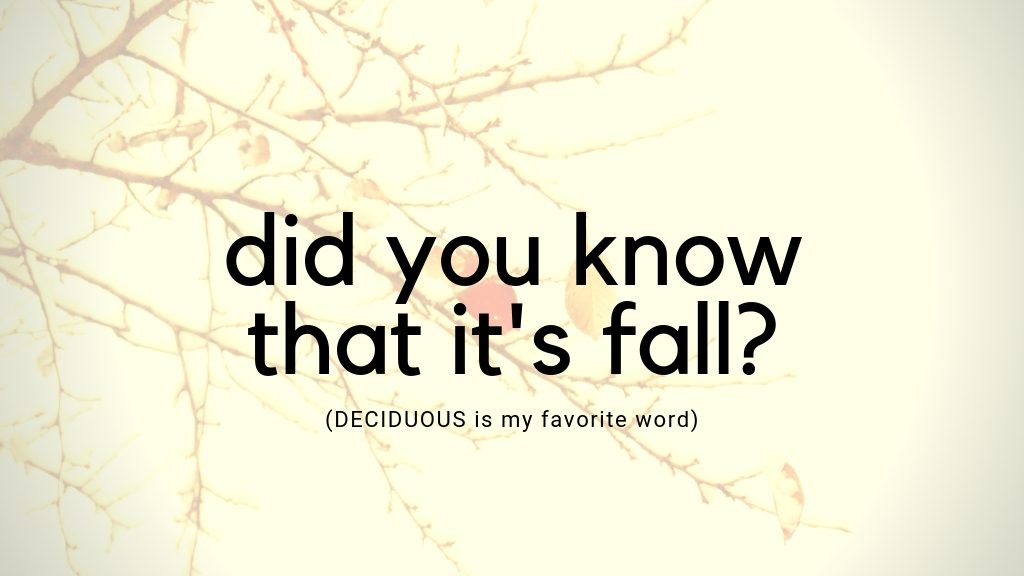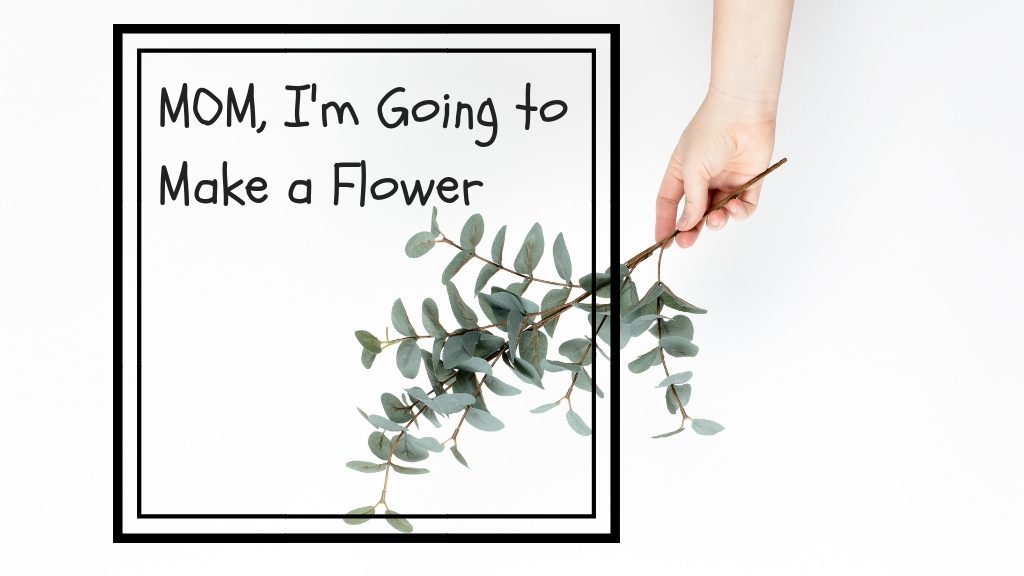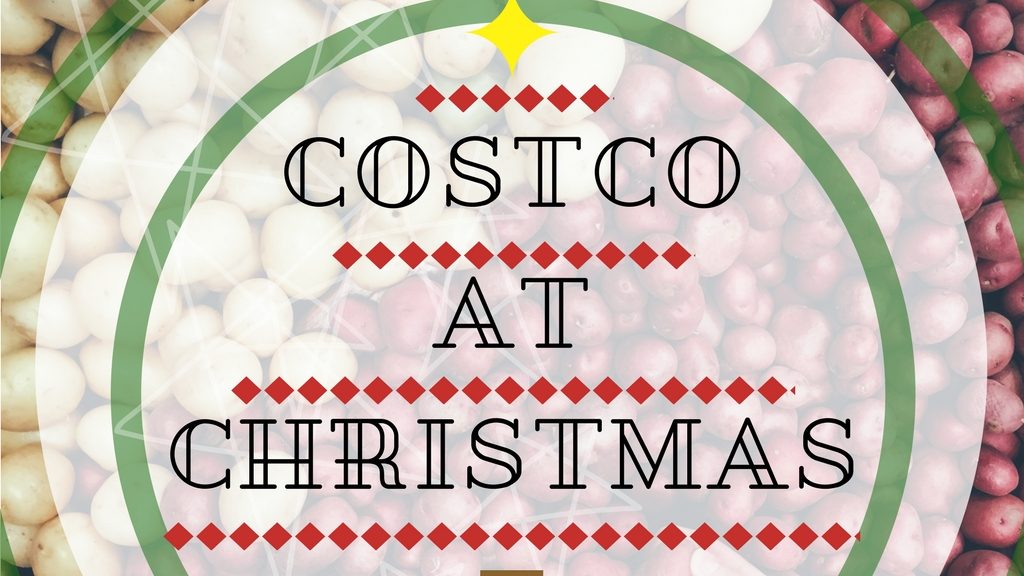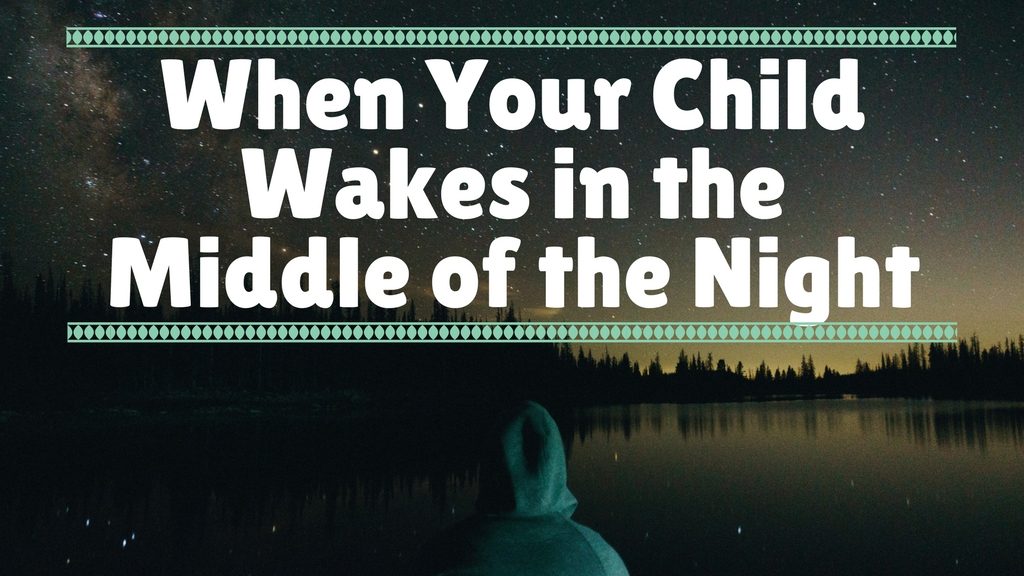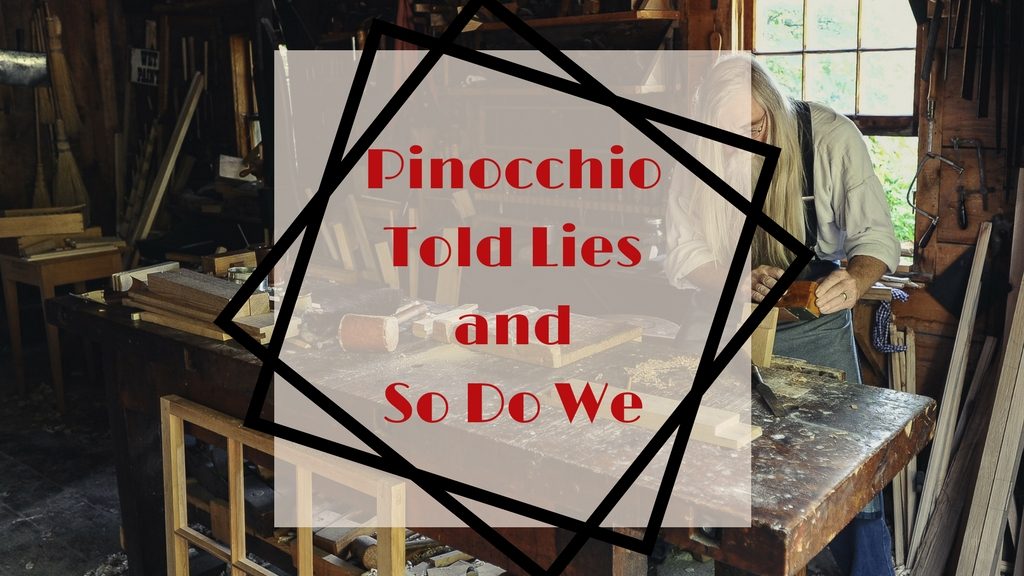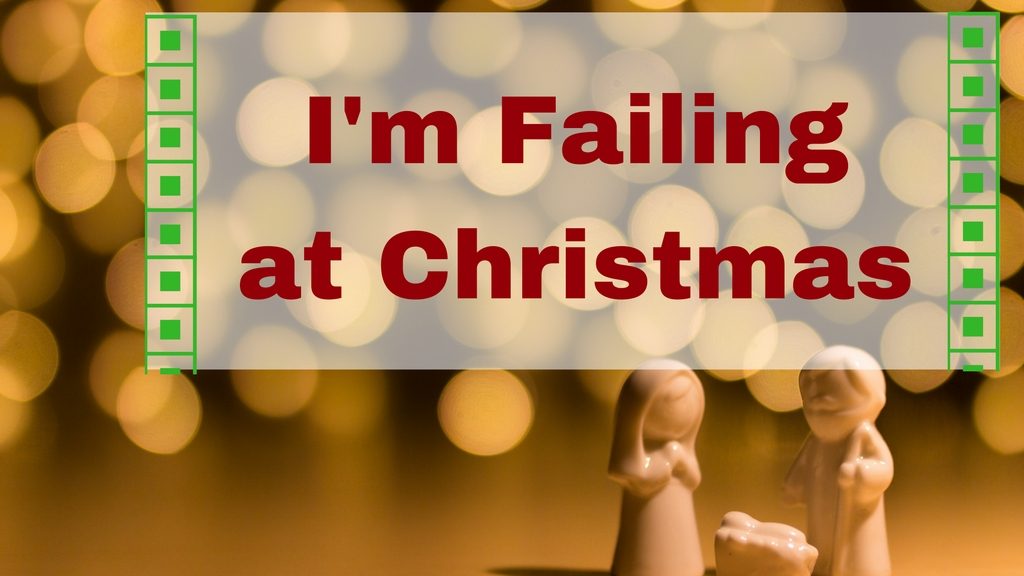Fear is Not Allowed
Before you read this, I want to be clear about one thing: I am not advocating that parents put their kids in bad situations, and I am not saying that we shouldn’t comfort our children when they are scared. What I am saying is that what you are about to read has been an unfolding story in my home. It is the story of breaking fear. … It started with a small voice. “I’m scared of the dark,” he said….

